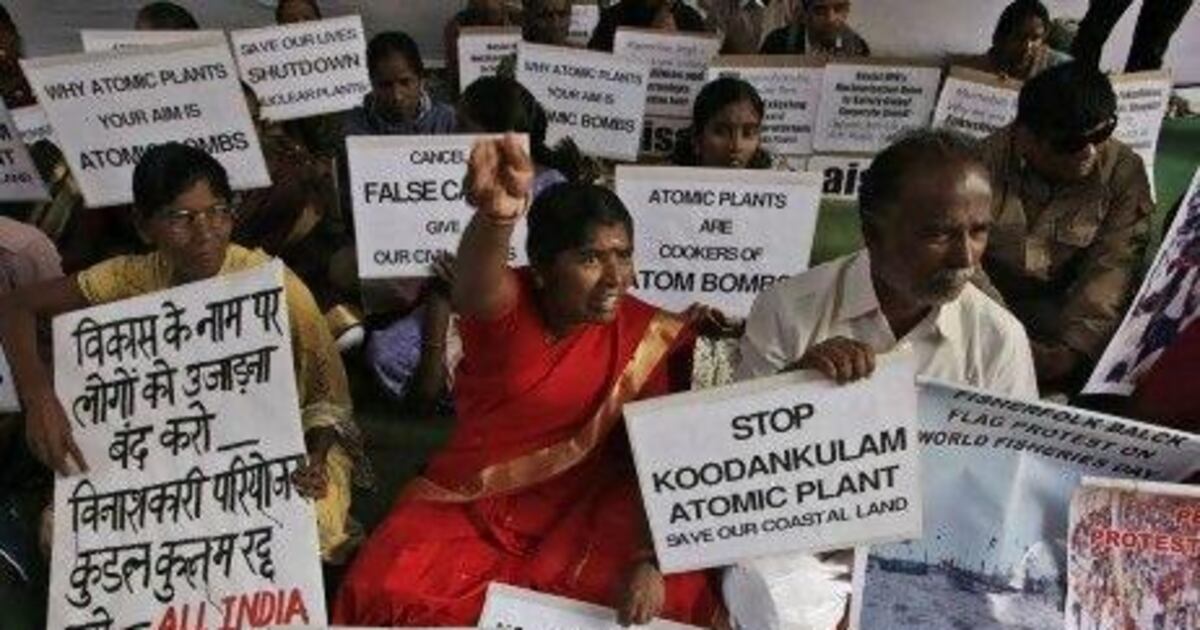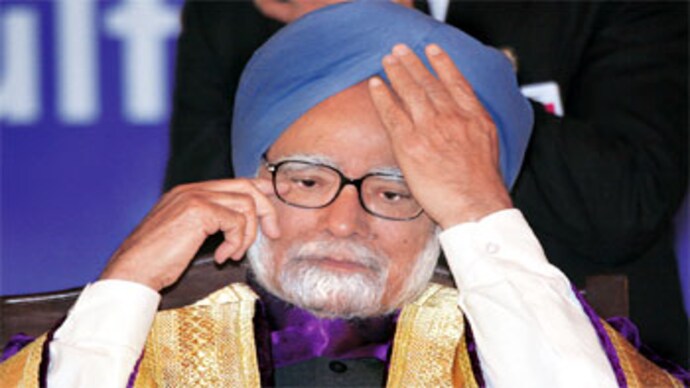A Shocking Expose: CIA killed Dr Homi Bhabha & Shastri
By Advocate Amlendu Sharma- July 19, 2022

Lal Bahadur Shashtri With Dr. Homi J. Bhabha
In a recent revelation, it is found that CIA killed Dr. Homi Bhabha and Former Prime Minister Lal Bahadur Shastri.
US played many games to bring India down. It is well known that poor quality of wheat was supplied which even pigs did not eat in US during Pt Nehru’s time. Contamination farmlands with Parthenium grass (very dangerous for health, crops, farming and soil) was done to spoil Indian economy and publichealth.
Here are some more shocking revelations. Is it a game to show friendship with India now?
A SHOCKING INSIDE NEWS of CIA killed Dr Homi Bhabha & Shastri The CIA is notorious in eliminating people who are perceived to be a threat to America. In that sense, it’s not different from the underworld. Just how ruthless the CIA can be can be appreciated from the shocking admittance of a CIA top gun in the below interview. The man reveals how the CIA killed Dr Homi Bhabha, one of India ‘s greatest ever scientist, and Prime Minister Lal Bahadur Shastri. The article is spine-chilling.
THE BACKGROUND
Known as “The Crow” within the Central Intelligence Agency (CIA), Robert T. Crowley (“Bob” Crowley) joined the CIA at its inception and spent his entire career in the Directorate of Plans, also know as the “Department of Dirty Tricks,” Crowley was one of the tallest man ever to work at the CIA. Born in 1924 and raised in Chicago, Crowley grew to six and a half feet when he entered the U.S. Military Academy at West Point in N.Y. as a cadet in 1943 in the class of 1946. He never graduated, having enlisted in the Army, serving in the Pacific during World War II. He retired from the Army Reserve in 1986 as a lieutenant colonel.
Bob (Robert) Crowley first contacted journalist Gregory Douglas in 1993 and they began a series of long and often very informative telephone conversations that lasted for four years.
In 1996, Crowley told Douglas that he believed him to be the person that should ultimately tell Crowley ‘s story but only after Crowley ‘s death. Douglas, for his part, became so
entranced with some of the material that Crowley began to share with him that he secretly began to record their conversations, later transcribing them word for word, planning to incorporate some, or all, of the material in later publications. In 1998, when Crowley was slated to go into the hospital for exploratory surgery, he had his son, Greg, ship two large foot
lockers of documents to Douglas with the caveat that they were not to be opened until after Crowley ‘s death. These documents, totalled an astonishing 15,000 pages of CIA classified files involving many covert operations, both foreign and domestic, during the Cold War.
While CIA drug running, money-launderings and brutal assassinations are very often strongly rumoured and suspected, it has so far not been possible to actually pin them down but it is
more than possible that the publication of the transcribed and detailed Crowley-Douglas conversations will do a great deal towards accomplishing this.
These many transcribed conversations are relatively short because Crowley was a man who tired easily but they make excellent reading. There is an interesting admixture of shocking revelations on the part of the retired CIA official and often rampant anti-social (and very entertaining) activities on the part of Douglas but readers of this new and on-going series are
gently reminded to always look for the truth in the jest!
By Advocate Amlendu Sharma- July 19, 2022
Lal Bahadur Shashtri With Dr. Homi J. Bhabha
In a recent revelation, it is found that CIA killed Dr. Homi Bhabha and Former Prime Minister Lal Bahadur Shastri.
US played many games to bring India down. It is well known that poor quality of wheat was supplied which even pigs did not eat in US during Pt Nehru’s time. Contamination farmlands with Parthenium grass (very dangerous for health, crops, farming and soil) was done to spoil Indian economy and publichealth.
Here are some more shocking revelations. Is it a game to show friendship with India now?
A SHOCKING INSIDE NEWS of CIA killed Dr Homi Bhabha & Shastri The CIA is notorious in eliminating people who are perceived to be a threat to America. In that sense, it’s not different from the underworld. Just how ruthless the CIA can be can be appreciated from the shocking admittance of a CIA top gun in the below interview. The man reveals how the CIA killed Dr Homi Bhabha, one of India ‘s greatest ever scientist, and Prime Minister Lal Bahadur Shastri. The article is spine-chilling.
THE BACKGROUND
Known as “The Crow” within the Central Intelligence Agency (CIA), Robert T. Crowley (“Bob” Crowley) joined the CIA at its inception and spent his entire career in the Directorate of Plans, also know as the “Department of Dirty Tricks,” Crowley was one of the tallest man ever to work at the CIA. Born in 1924 and raised in Chicago, Crowley grew to six and a half feet when he entered the U.S. Military Academy at West Point in N.Y. as a cadet in 1943 in the class of 1946. He never graduated, having enlisted in the Army, serving in the Pacific during World War II. He retired from the Army Reserve in 1986 as a lieutenant colonel.
Bob (Robert) Crowley first contacted journalist Gregory Douglas in 1993 and they began a series of long and often very informative telephone conversations that lasted for four years.
In 1996, Crowley told Douglas that he believed him to be the person that should ultimately tell Crowley ‘s story but only after Crowley ‘s death. Douglas, for his part, became so
entranced with some of the material that Crowley began to share with him that he secretly began to record their conversations, later transcribing them word for word, planning to incorporate some, or all, of the material in later publications. In 1998, when Crowley was slated to go into the hospital for exploratory surgery, he had his son, Greg, ship two large foot
lockers of documents to Douglas with the caveat that they were not to be opened until after Crowley ‘s death. These documents, totalled an astonishing 15,000 pages of CIA classified files involving many covert operations, both foreign and domestic, during the Cold War.
While CIA drug running, money-launderings and brutal assassinations are very often strongly rumoured and suspected, it has so far not been possible to actually pin them down but it is
more than possible that the publication of the transcribed and detailed Crowley-Douglas conversations will do a great deal towards accomplishing this.
These many transcribed conversations are relatively short because Crowley was a man who tired easily but they make excellent reading. There is an interesting admixture of shocking revelations on the part of the retired CIA official and often rampant anti-social (and very entertaining) activities on the part of Douglas but readers of this new and on-going series are
gently reminded to always look for the truth in the jest!



